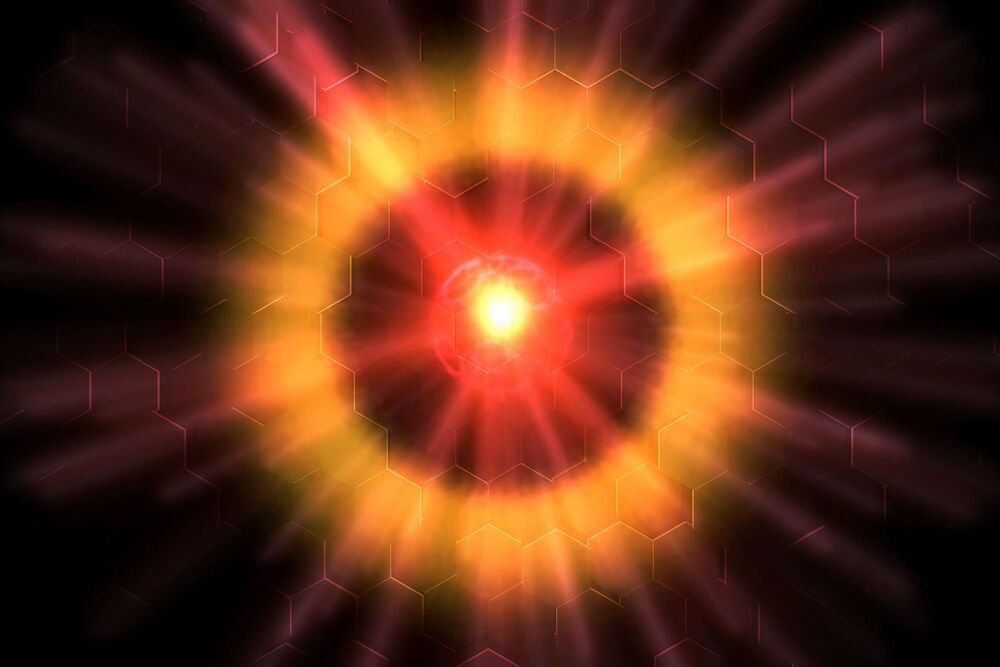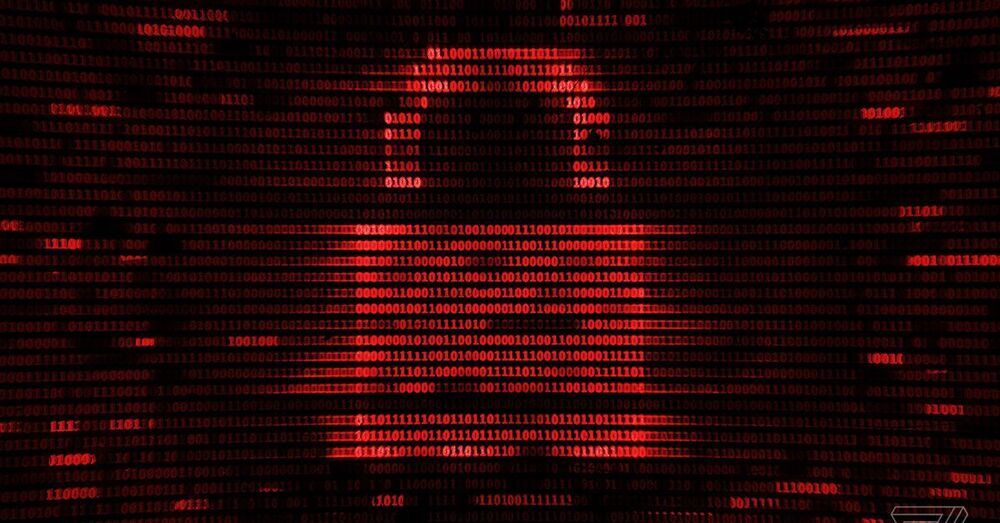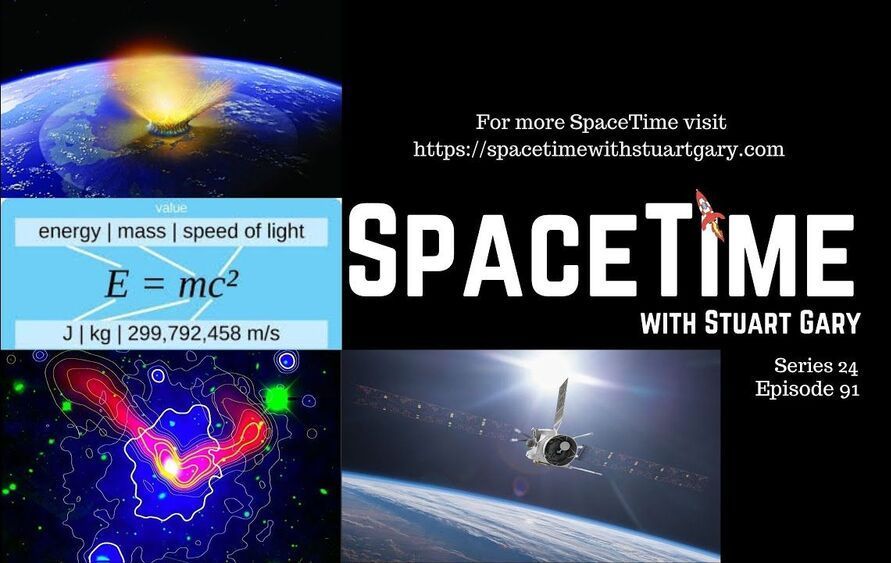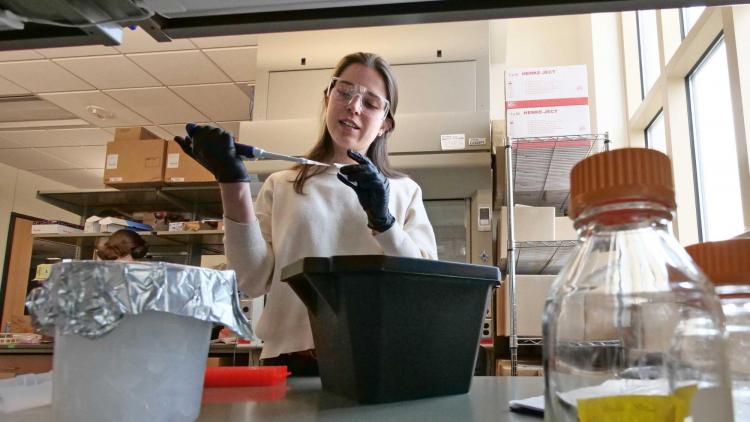
A new way to probe exotic matter aids the study of atomic and particle physics.
Physicists have created a new way to observe details about the structure and composition of materials that improves upon previous methods. Conventional spectroscopy changes the frequency of light shining on a sample over time to reveal details about them. The new technique, Rabi-oscillation spectroscopy, does not need to explore a wide frequency range so can operate much more quickly. This method could be used to interrogate our best theories of matter in order to form a better understanding of the material universe.
Though we cannot see them with the naked eye, we are all familiar with the atoms that make up everything we see around us. Collections of positive protons, neutral neutrons and negative electrons give rise to all the matter we interact with. However, there are some more exotic forms of matter, including exotic atoms, which are not made from these three basic components. Muonium, for example, is like hydrogen, which typically has one electron in orbit around one proton, but has a positively charged muon particle in place of the proton.


















